We all have them — those pesky kitchen habits you know are bad, but just can’t seem to break. From only cooking on high heat to never sharpening your knives, here’s everything you need to know about ridding those bad kitchen habits for good.
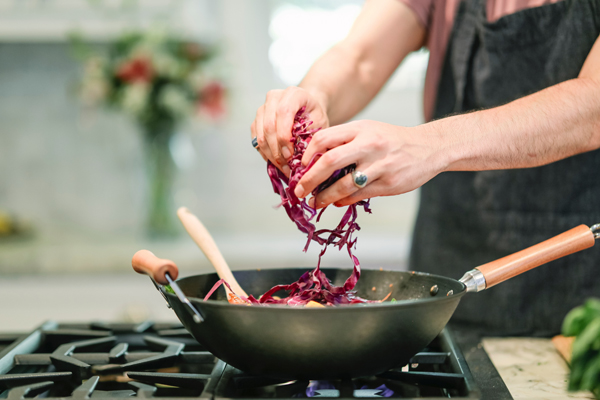
Overcrowding the Pan
Overcrowding the pan can seem like a small sacrifice when you’re trying to get your meal on the table faster. Unfortunately, too many ingredients and not enough square footage often means soggy food that won’t brown properly. If you plan on cooking for a crowd, split the recipe into two frying pans, or brown ingredients in batches to ensure each piece is as delicious as the next.
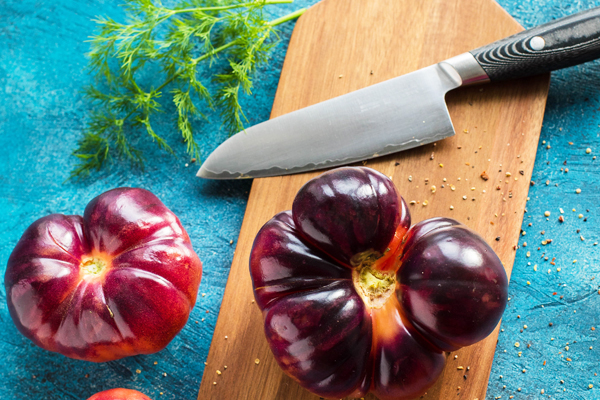
Never Sharpening Your Knives
You’ve heard it a million times: sharpen your knives and meal prep will become so much easier. If you’re not ready to invest in a whetstone or honing rod for sharpening and maintenance, consider taking your knives to a local kitchenware shop. Many specialty stores offer knife-sharpening services for affordable prices. Looking to have a more zero-waste home? Check out these wasteful kitchen habits you need to fix now.
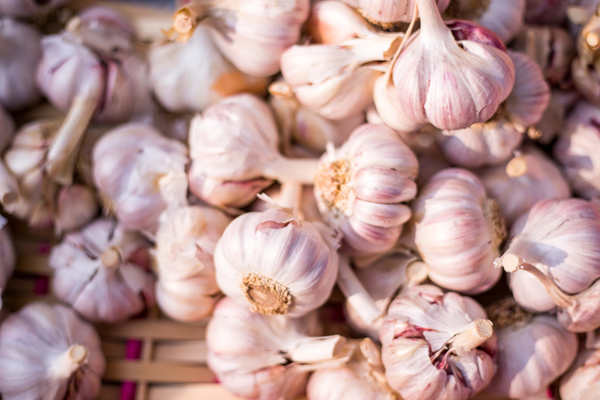
Buying Pre-Chopped Garlic
If there’s anything we know for certain, it’s that pre-chopped garlic just can’t compare to the vibrant flavours of a fresh bulb. Not only is the pre-chopped variety packaged in a stagnant, flavour-sucking pool of water, some are also treated with bleach and phosphoric acid – a mineral used to remove rust. Instead, consider using a garlic press to mince large quantities faster.
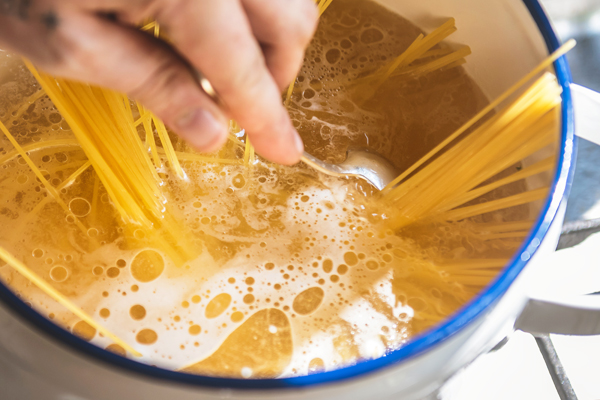
Over Cooking Pasta
The general rule of thumb for a perfectly cooked al dente pasta dish is to boil it one minute less than the package instructions. Always set a timer, and do a quick taste test two minutes before the time is up to ensure you’re right on track. After all, no one likes a mushy bowl of spaghetti. Try one of these 50 best-ever pasta recipes for easy dinners.
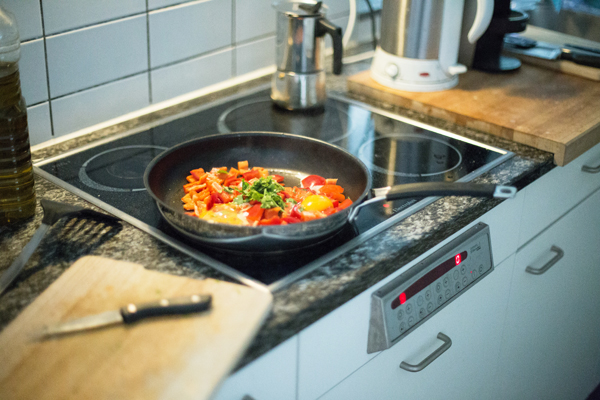
Not Letting Your Pan Heat Up Properly
Letting your pan heat up is extremely important, since food won’t stick to a hot pan. One way to determine whether or not your pan is hot enough is to add 1/8 teaspoon of water to it when you think it’s ready. If the water stays in a single ball and rolls around, your pan is good to go.
Get The Pioneer Woman’s Top Cooking Tips for Easier Weeknight Dinners
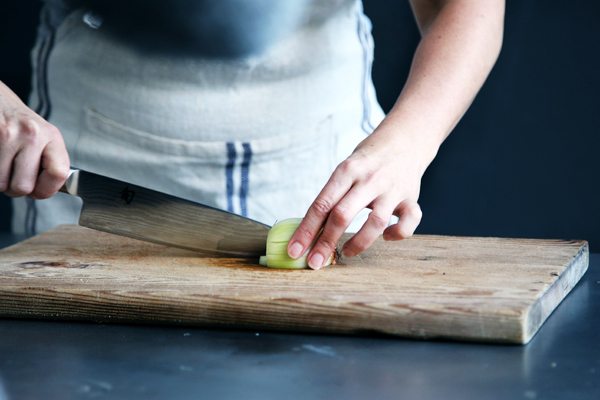
Not Using a Proper Cutting Board
It can be easy to justify not using a cutting board when you’re just grabbing a quick snack or whipping up a small meal. Unfortunately, even when it looks like you haven’t made a huge mess on the counter, traces of food can be left behind. These food scraps act like magnets for bacterial growth and pests. While washing a cutting board might seem like more work upfront, take comfort in knowing that you’re saving your future self time and energy by keeping your kitchen clean.
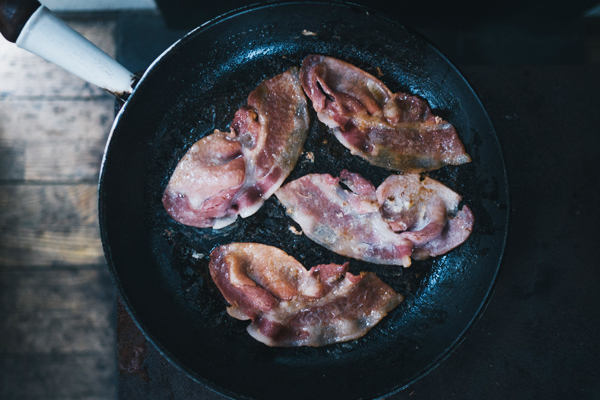
Pouring Bacon Grease Down the Sink
A little bit of bacon grease here and there might seem inconsequential, but it’s actually one of the main causes of sewer and pipe blockages. Kitchen grease mixes with other chemicals in the plumbing to create buildup that blocks the water pipes. If you can’t find a spare container to pour bacon grease into, simply dump it into a mug and scoop the grease into the garbage once it cools.
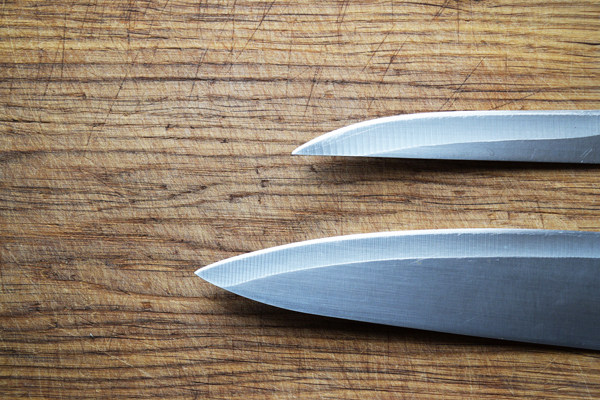
Putting Cutting Knives in the Dishwasher
The harsh cleaning cycle of your dishwasher can dull sharp cutting blades. Instead, wash those pricey cutting knives by hand to prolong their shelf life between sharpening.
Here are 15 Things You Probably Didn’t Know Your Dishwasher Could Do
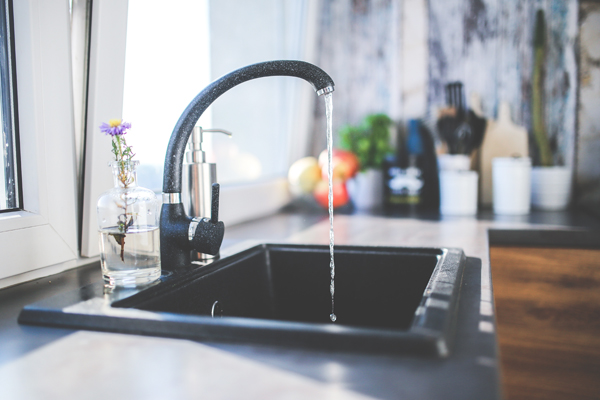
Not Fixing the “Harmless” Leaky Faucet
Leaking water acts as a cockroach and insect magnet, meaning that the leaky faucet you’ve learned to deal with might not be so harmless after all. Hire a professional or watch one of the many DIY online tutorials available and get that leaky faucet fixed once and for all.
Find out How to Fix a Leaky Faucet (And 10 More Quick Home Repairs)
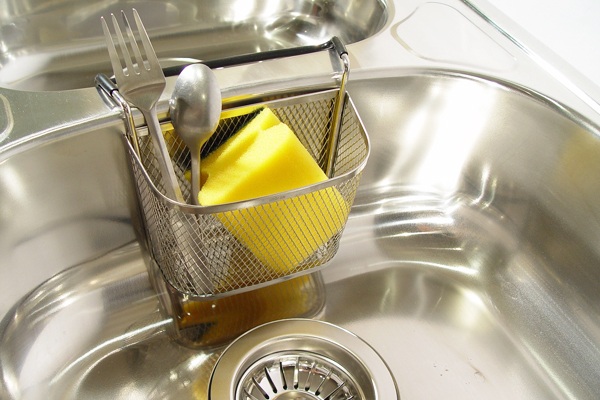
Not Changing or Cleaning the Dish Sponge Often Enough
Bacteria can start growing on sponges after as little as two uses. To lower your risk of sponge cross-contamination, zap your dish sponge for 60 seconds in the microwave between uses. Researchers have found that microwaving your sponge can kill up to 99.9 per cent of bacteria in one 60-second interval.
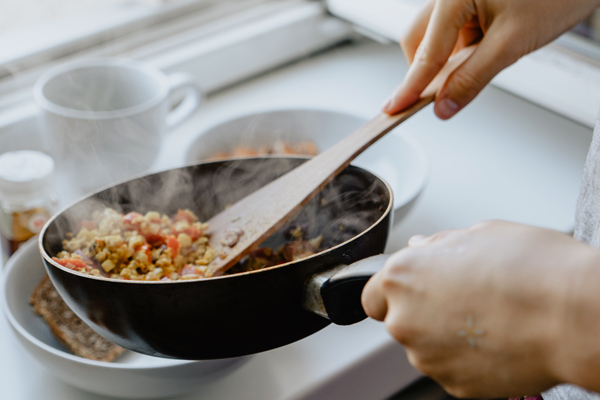
Only Cooking on High Heat
Sometimes cranking the heat to high temperatures can seem like the fastest, most efficient way to get dinner on the table. Unfortunately, high-heat cooking doesn’t always equal delicious flavour, especially if you’re using delicate ingredients like eggs or fresh veggies. Instead of automatically turning the heat on high, consider cooking on lower heat for more delicious results.
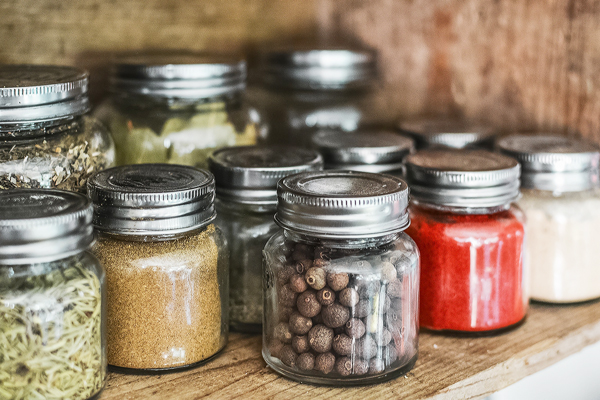
Not Screwing Lids Properly
Neglecting to secure lids is one of those kitchen faux-pas that seems harmless at first, especially when you’re in a rush. However, not only do items go bad faster, but the half-open containers can also act as an invitation for household pests. Take the extra five seconds to screw lids on securely, and save yourself the hassle.

Storing Stemware the Wrong Way
Although it’s common practice to store sturdy drinking cups and mugs upside down, the tip of stemware is often the most fragile part of the glass. Store these delicate glasses right side up in an enclosed cabinet to keep them dust and crack-free.
Hosting a party? Save yourself time with these Easy 20-Minute Appetizers That Will Wow Your Guests
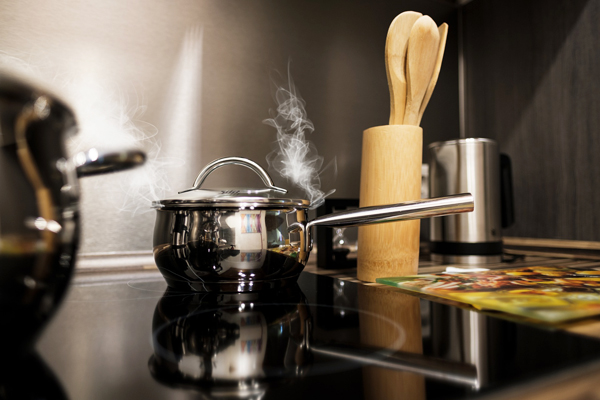
Not Cleaning Spills and Burner Grease Up Right Away
The last thing anyone wants to do after making their favourite sauce is to clean up the inevitable stains splattered over the stovetop. Resist the urge to ignore the splashes, and do a quick wipe down when it’s still fresh to save yourself countless time scrubbing a caked-on mess in the future.
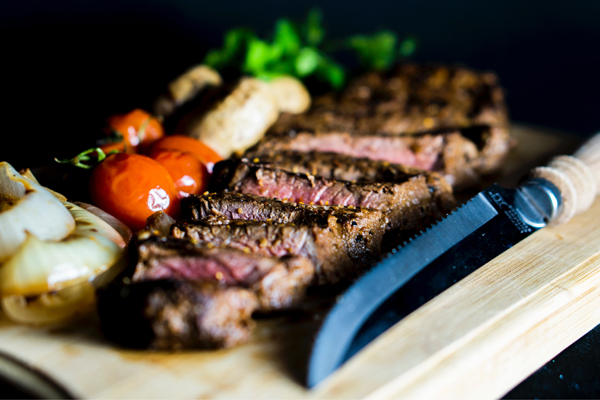
Slicing Meat With (Instead of Against) the Grain
The quality and variety aren’t the only things that determine how tender a piece of meat is – how you slice the meat makes a big difference, too. Slicing against the grain breaks up the meat’s muscle fibres, leading to a more tender morsel even with the cheaper cuts.
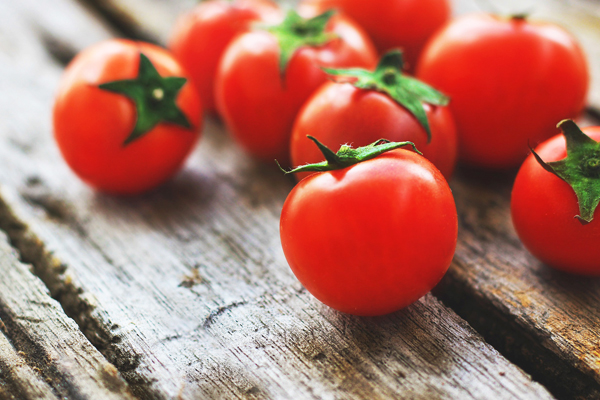
Storing the Wrong Foods in the Fridge
If you’ve grown accustomed over the years to storing fresh ingredients such as tomatoes, garlic, onions and apples in your fridge, stop doing so ASAP. While cold storage is absolutely a necessity for many foods, that frigid fridge air can actually have a negative impact on some of your tastiest ingredients, causing them to spoil and go rotten quicker.
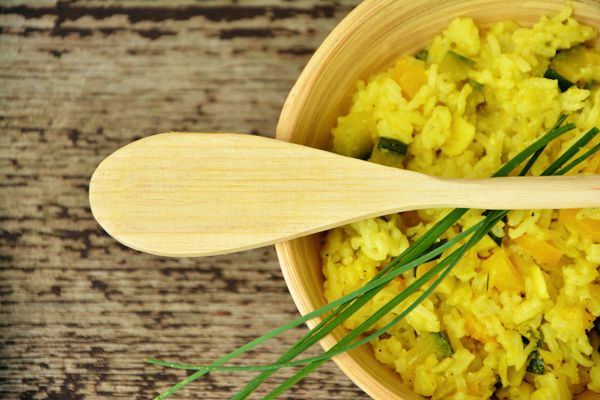
Tasting with Your Cooking Utensil
This just comes down to simple kitchen etiquette, especially if you’re feeding a crowd. Although it’s an innocent enough action, just imagine how family and friends would feel if they found out you were testing out the food with the same utensil you used for cooking. Instead, grab another clean spoon or fork and place it to the side once you’ve finished your taste test.
